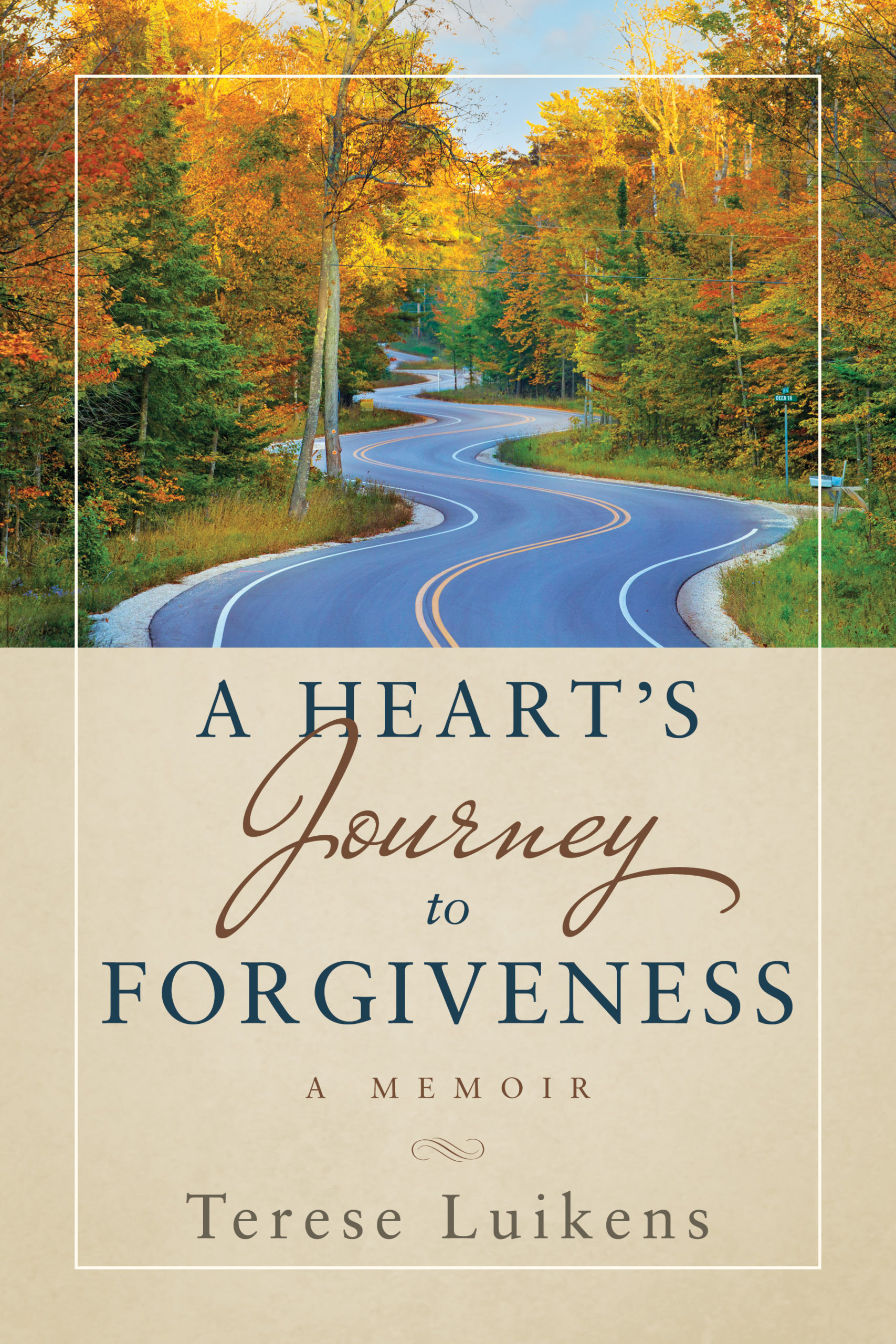Why Bother To Acclimate To Your Community?
Why Bother to Acclimate to Your Community?
There was a time when my husband and I lived off the grid. We built our house on five wooded acres and from any point on our property, we saw nothing but trees.
We hauled our water in five gallon containers, filling them at our friends’ house, lit our house with kerosene lamps and kept our food in a cooler outside the back door. I learned how to cook on the wood stove that also heated our house and our water. The outhouse was a short jaunt away and when we needed to make a phone call, we stopped at our neighbors and used his phone.
We didn’t always know if we’d be able to drive all the way up our driveway in the winter. Though we used a V shaped wooden plow and pulled it behind the truck, the snow piled itself up until our driveway looked more like a cold white tunnel than a road. The county road wasn’t much better either. Sometimes the creek overflowed cutting a new pathway down the roadway.
It was a groovy, organic and an affordable way to begin our lives together, but it was hard. I almost went home to Mother!
Eventually, we modernized; putting in electricity, running water and a phone and selling it to some folks from the East Coast. They wanted peace and quiet and we wanted to move to town.
Our “new” house was an old farmstead, complete with a dilapidated chicken coop, dirt floor garage and barn. My husband envisioned a groomed lawn and a new garage, while I hoped for an addition.
First he hacked the weeds away, then he pulled down the chicken coop and old garage and hauled them away. None of our neighbors paid much attention to us until my husband cut down a birch tree that impaired progress on building his new garage.
Then, an elderly gentleman, whose daily walking route included passing by our house, stopped and asked, “Now why did you cut down that beautiful birch tree? I see you’ve taken down the chicken coop and the old garage too. I sure hope you don’t intend to tear the barn down as well.”
My husband leaned against his truck and listened and when the man was done exhorting him, they shook hands.
“Interesting that anyone should care what we do with our property,” he later said to me, “but they do.”
One afternoon, an elderly lady tapped on the back door.
“Can you take a picture of my granddaughter and me in front of your barn?”
“Sure,” I said as she handed me a pocket sized camera.
“I grew up in this neighborhood and we always played in the loft. If you tear this barn down, I want to be sure and have a picture of it.”
Another time, a man with a sketch pad and stool stopped by to ask if he could sit in our yard and sketch the barn.
“I heard this barn might be coming down and I wanted to sketch it one more time,” he told me looking over his glasses.
“Okay, we’ll keep the barn,” my husband said when I told him about the people whose hearts were connected to the history of our old barn.
He nailed new metal on its roof, put fresh boards down on the floor and made the loft safe for our sons to play in. Years later, the barn still stands for those who want to sketch it, share memories with their grandkids or simply look at its sturdy wooden structure silhouetted against the evening sky.
Why bother to acclimate to people in your community? Their stories are what make history and that history is worth hearing. It may just make you change your mind about something.
New Release
